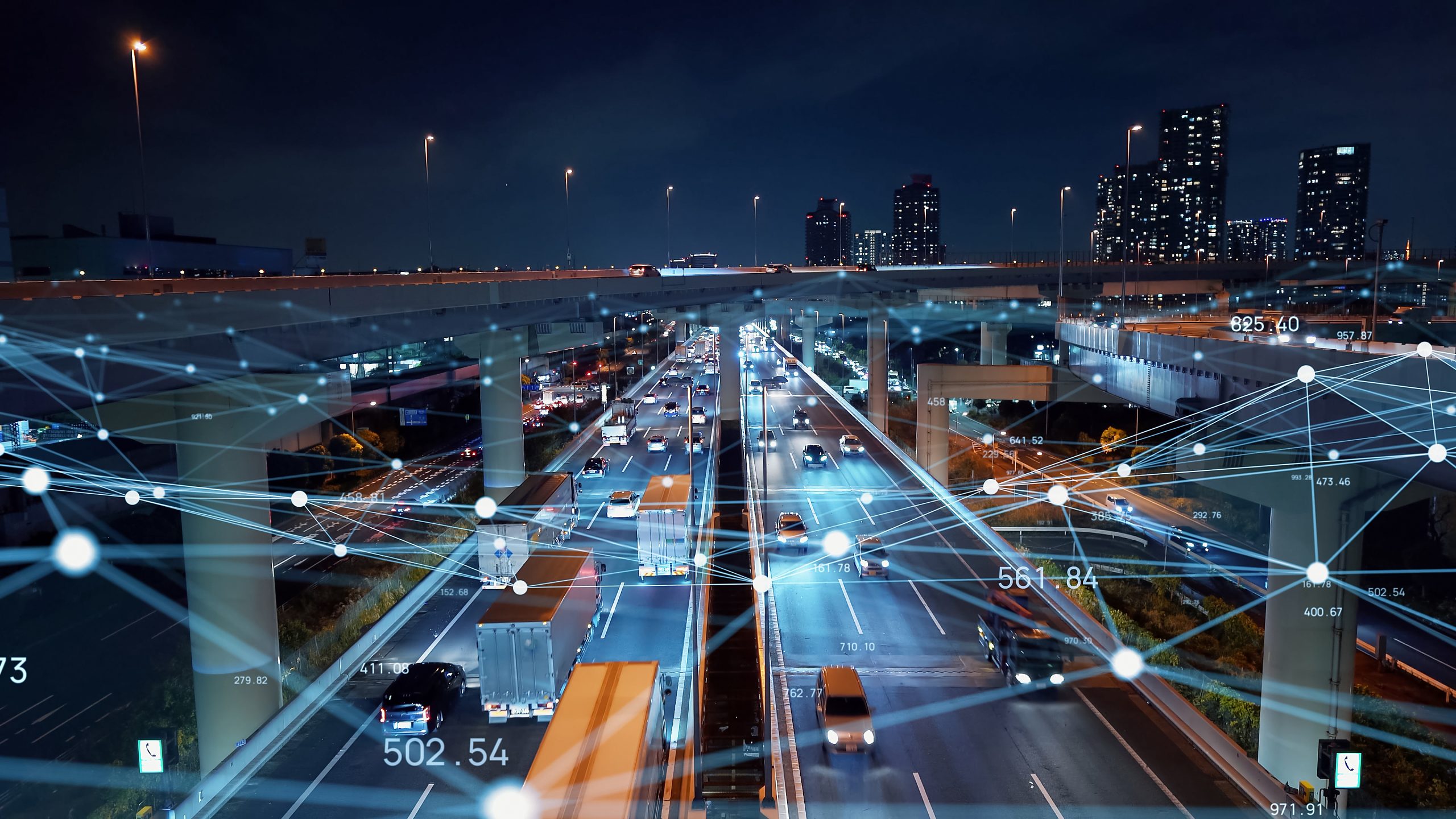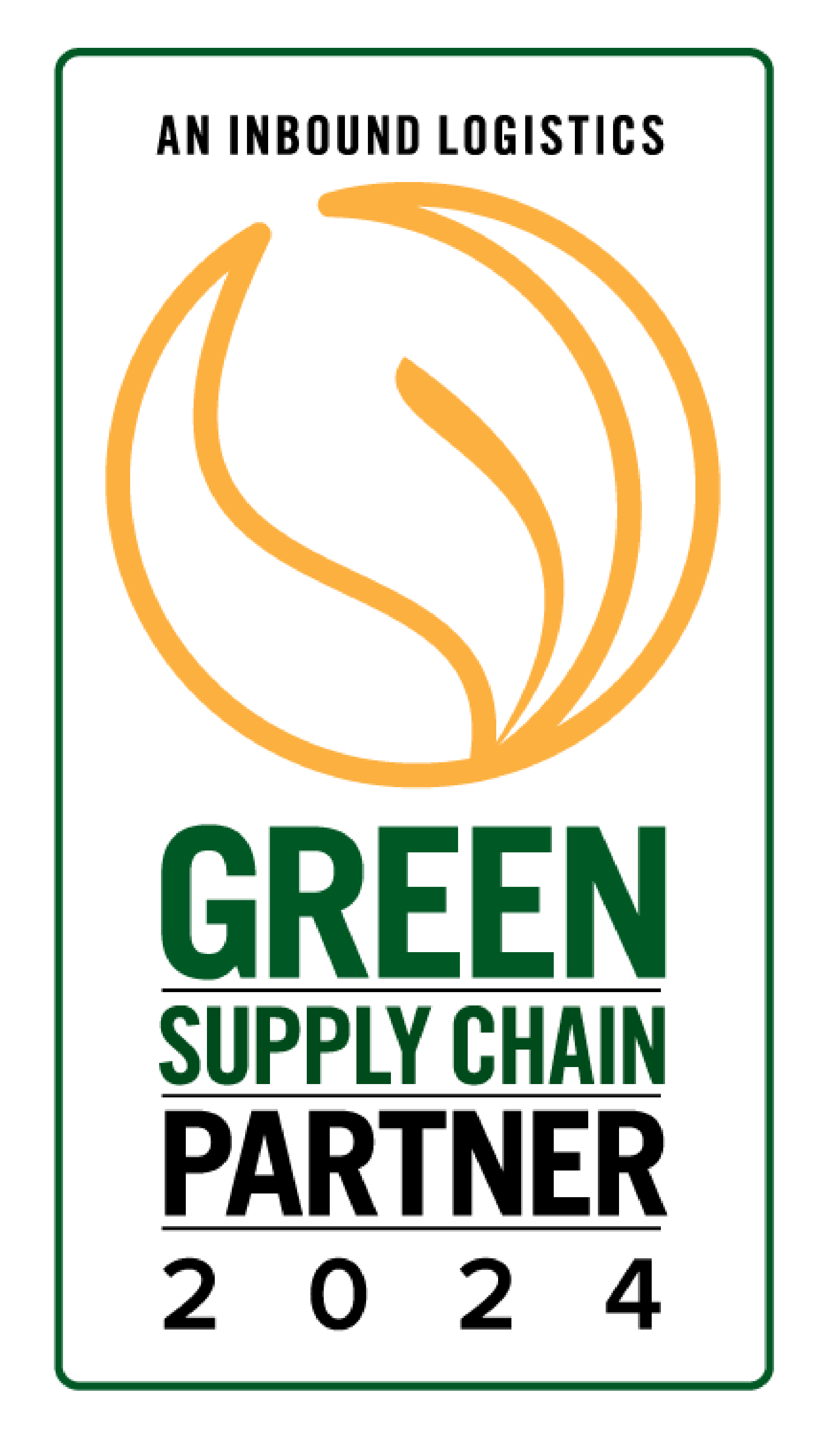Adrian Gonzalez, TalkingLogistics.com, November 2023
Last month, Descartes Systems Group (a Talking Logistics sponsor) held its “2023 Descartes Innovation Forum for Broker, Forwarder and Customs.” I served as a panelist on a session titled, “AI in Logistics Technology – Ally or Adversary?” I was joined on the virtual stage by Nelson Cabral, National Customs Manager at DSV Air & Sea Inc., and Glenn Palanacki, VP of Industry Strategy at Descartes.
The session is available on-demand for qualified registrants, so if you missed it live, I encourage you to visit the event website and watch it when you can.
In today’s post, I’ll share some of my comments related to the following question that was asked during our conversation: How is AI technology impacting the logistics industry today?
When it comes to Artificial Intelligence as a whole, many companies (including logistics service providers) are still in the learning phase — that is, they’re trying to understand the technology landscape and what’s possible, and it’s a bit challenging because everything is evolving very fast.
In fact, in a survey we conducted this past February, we asked members of our Indago supply chain research community — who are all supply chain and logistics executives from manufacturing, retail, and distribution companies — “Is your company using Artificial Intelligence in its supply chain or logistics operations?” More than two-thirds of the respondents (68%) said they weren’t using AI today.
As one supply chain executive said, “I look forward to utilizing AI in the future for more agile decision making with the understanding that it will be a ‘crawl, walk, run’ journey.”
Estimated/Predicted Time of Arrival (ETA) is probably the most prevalent AI use case in logistics today. And in the warehouse, AI is infused into the operating systems of autonomous mobile robots.
Generative AI is the cool new kid on the block, so we’re still in the very early stages of how this capability will be used.
The first use cases of Generative AI will likely be in customer service. We all know that the most common questions customers ask are, “Where’s my order? Where’s my shipment?” So, we’ll soon see chatbots powered by ChatGPT or Bard technology that can answer those questions quickly, that can help customers resolve problems and complaints, and do so in a more cost-effective and scalable way.







